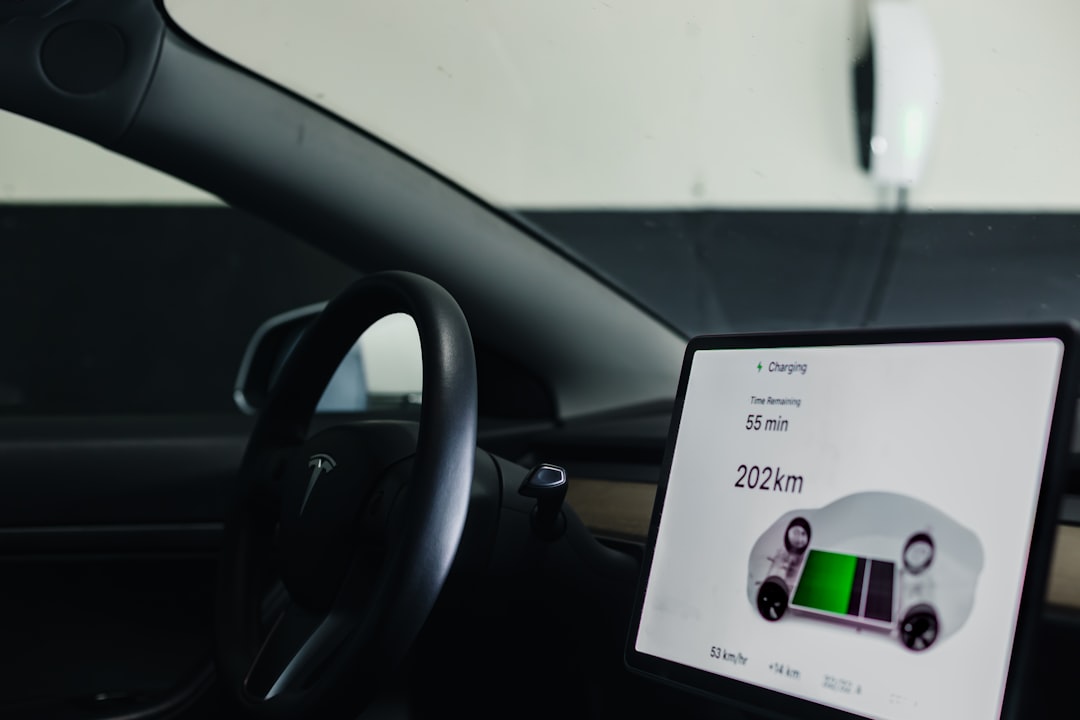In 2023, China solidified its position as the world leader in electric vehicle (EV) production, a status that has profound implications for global trade and geopolitics. With over 50% of the world’s EVs rolling off Chinese assembly lines, as reported by Bloomberg Green, this dominance extends beyond mere manufacturing prowess—it is reshaping international alliances and economic policies. This article delves into how China’s ascension in the EV sector impacts global trade and geopolitics, providing insights into the shifting landscape of international relations and economic power.
China’s EV Manufacturing Powerhouse
The Rise of China’s EV Industry
China’s aggressive push into the EV market began over a decade ago, propelled by government-backed initiatives and substantial investments. According to Reuters Mobility, Chinese brands like BYD and NIO have become household names worldwide, with BYD selling over 200,000 units globally in the first half of 2023 alone. This massive scale of production underscores China’s strategic intent to dominate the EV market, leveraging state-of-the-art battery technology and economies of scale.
- Government Support: China has invested heavily in EV infrastructure and R&D, providing subsidies and tax incentives to domestic manufacturers.
- Technological Advances: Chinese companies, in collaboration with tech giants like Huawei, have developed cutting-edge battery technologies and autonomous driving systems.
- Export Strategy: As per InsideEVs, China exported over 1.2 million EVs in 2023, marking a 40% increase from the previous year.
Impact on Global Supply Chains
China’s dominance in EV manufacturing is altering global supply chains. The country controls over 70% of the world’s lithium-ion battery production, a critical component for EVs. This control extends to raw materials like lithium and cobalt, essential for battery production. According to Battery University, China’s strategic partnerships with countries in Africa and South America for raw material extraction further consolidate its position.
- Supply Chain Bottlenecks: Global dependence on Chinese batteries has led to supply chain vulnerabilities, especially in the wake of geopolitical tensions.
- Innovation Hubs: Cities like Shenzhen and Shanghai have become global innovation hubs, attracting international companies seeking to tap into China’s EV expertise.
Geopolitical Ramifications
Shifting Alliances
China’s EV dominance is influencing international alliances. Countries looking to transition to green energy are increasingly aligning themselves with China to secure a stable supply of EVs and related technologies.
- Belt and Road Initiative: Through this initiative, China has expanded its influence in Asia, Africa, and Europe, promoting EV technology as part of its green energy package.
- US-China Trade Relations: The US has imposed tariffs on Chinese EV imports, aiming to protect its nascent EV industry. However, this has led to a strain in trade relations, with potential implications for global markets.
Global Environmental Policies
China’s leadership in EVs also places it at the forefront of global environmental policy discussions. The International Energy Agency (IEA) notes that China’s commitment to reducing carbon emissions is driving global standards for EVs and renewable energy.
- Paris Agreement Goals: China’s EV policies are aligned with international climate agreements, pushing other nations to adopt similar strategies.
- Technology Transfer: By exporting EV technology, China is influencing global environmental standards and practices.
Practical Insights for Consumers and Businesses
How to Navigate the EV Landscape
For consumers and businesses looking to engage with the EV market, understanding China’s role is crucial. Here are some tips:
- Stay Informed: Keep abreast of geopolitical developments that might affect EV availability or pricing.
- Diversify Suppliers: Businesses should explore partnerships beyond China to mitigate risks associated with supply chain disruptions.
- Invest in Technology: Embrace technological advancements in EVs, such as autonomous driving and AI integration, which are being pioneered in China.
Where to Buy and What to Compare
For those considering purchasing an EV:
- Compare Brands: Evaluate Chinese brands like BYD and NIO against international competitors such as Tesla and Volkswagen in terms of price, features, and reliability.
- Charging Infrastructure: Consider the availability of charging stations, especially if planning to utilize Chinese EVs in non-Chinese markets.
Conclusion: The Road Ahead
China’s dominance in the EV sector is more than a commercial triumph; it is reshaping global trade and geopolitics in 2023. As nations grapple with the implications of this shift, China continues to set the pace for innovation and environmental policy. For consumers and businesses, understanding China’s role in the EV landscape is pivotal as they navigate this rapidly evolving market.
As we look to the future, the question remains: how will China’s EV leadership further influence global dynamics? With technological advancements and international collaborations on the horizon, the world will be watching closely as this new chapter in global trade and geopolitics unfolds. Engage with us by sharing your thoughts on how China’s EV influence might shape the future of mobility and environmental policy worldwide.

